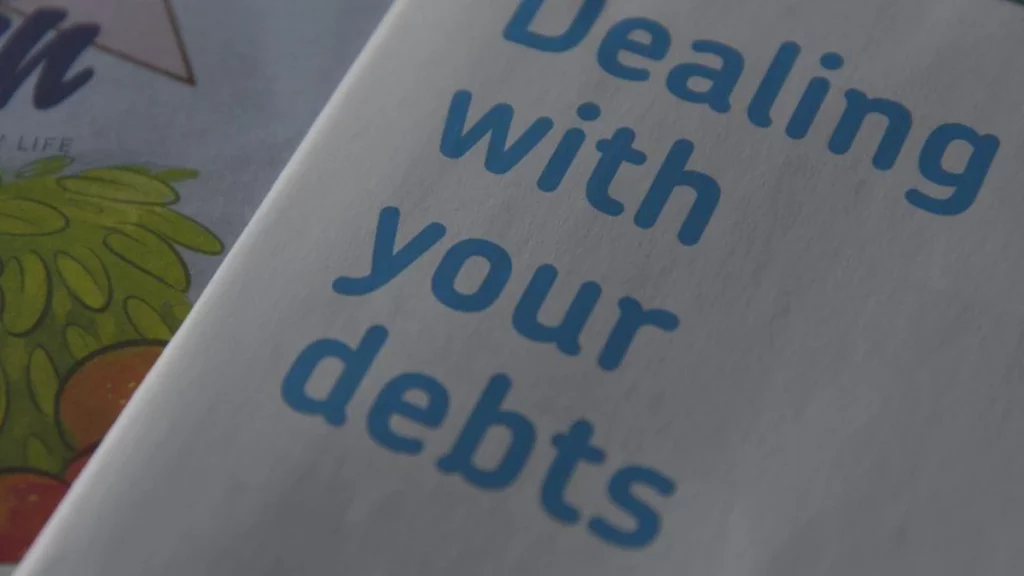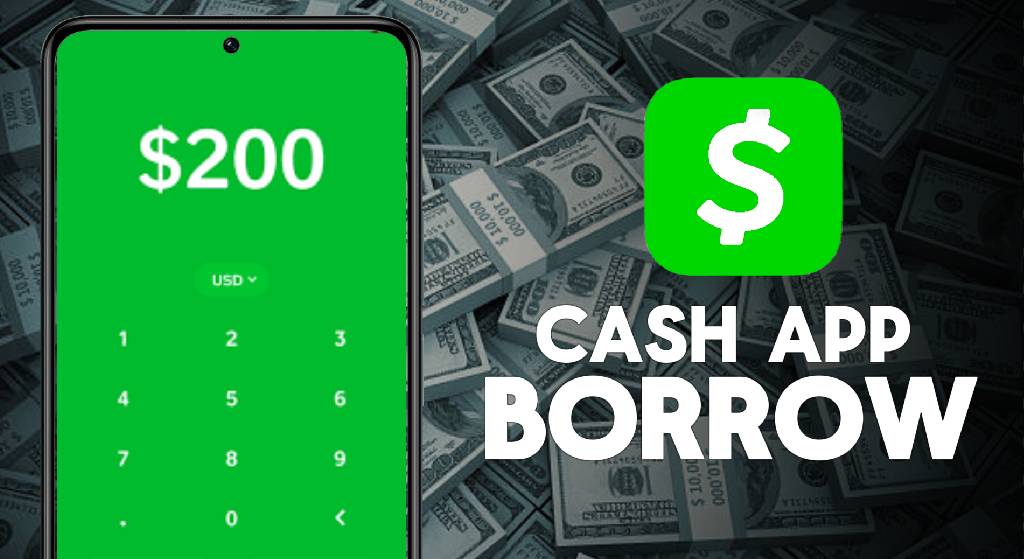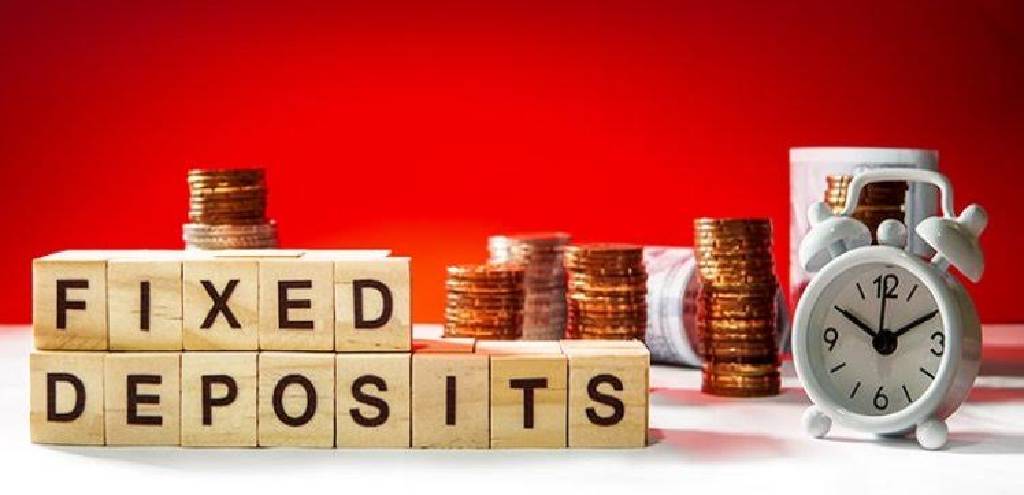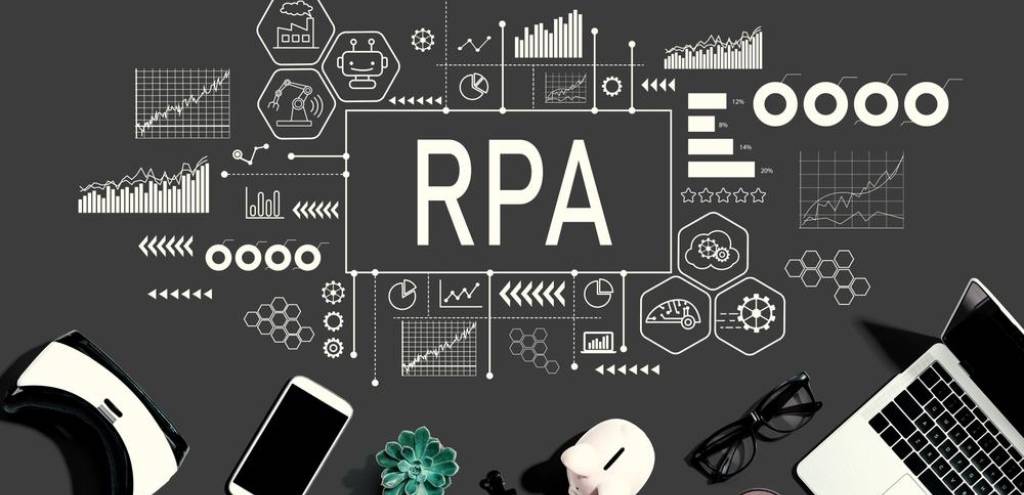Unfortunately, it is very easy to get into debt. Despite all your careful planning, life happens, and life is often expensive and unexpected. When it comes to dealing with your debts, it can be a little overwhelming; debts can easily spiral, which is why you need a solid plan in place to help you confront your debts and deal with them. While it is certainly true that you have a lot of options, debt consolidation is one of the most popular, so let’s take a look.

Debt Consolidation Explained
Consolidating your debt refers to the act of taking out a new loan or line of credit in order to pay off all of your other debts. This then transforms multiple debts into one larger debt. Most of the time, your new loan will have lower interest rates making the repayments more affordable and helping to shorten the loan term.
There are a number of options when it comes to consolidating your debts, and choosing the right solution matters. Tally has a number of debt management tools that you should check out. Their blog also offers a number of insights to help you to avoid and mitigate your debts in the first place, like offering more information on how to avoid interest on a credit card.
It should be emphasized that consolidating your debts is not the same as settling or erasing them. The debts are simply transferred to a different lender. If your debts are out of control, it might be worth looking into debt relief schemes or settlements, you can get them in conjunction with debt consolidation, and it can make paying off your debts a lot easier and less stressful.
With debt settlement and relief schemes, the debts are often renegotiated with interest removed or lowered, repayments made easier, or forgiven completely.
How to Consolidate Your Debts
There are a few different ways that you can choose to consolidate your debts; firstly, and the most popular option for obvious reasons, is a debt consolidation loan. You can secure these from many banks and lenders. They are fit for purpose, and often the interest rates and repayment terms reflect this.
Some people choose to consolidate their debts, specifically credit card debts, into a new credit card debt. Again, if you can find a credit card that offers you a high enough credit limit to pay off your other debts with more favorable terms, then it could be a good idea.
A lot of people also choose to refinance or remortgage their homes to release some of the equity, which they then use to pay off their other debts. Obviously, this method relies on you owning your own home and having equity in it to release. Lastly, if your debts are predominantly student loans, then the government does have some assistance that you might want to take advantage of. However, private loans don’t qualify.
Pros & Cons
Making the decision to consolidate your debts does have its own advantages and disadvantages to consider. Obviously, you benefit from a single monthly repayment instead of numerous repayments, and the interest rate also tends to be lower too.
It can be a great way out of debt, as long as you don’t accrue any additional debt in the meantime. That being said, depending on the repayment term, you might end up paying more in the long run if the new loan lasts longer. Some lenders also impose their own fees on users, which can quickly add up.
Consolidating Your Debts & Your Credit Score
Incurring debts and being unable to pay them off can have a negative effect on your credit score. It might seem like taking out a new line of credit would further impact your credit score, and it can initially, but it can be beneficial to it in the long run.
Your credit score improves with consistent repayments over time, and when taking out a new line of credit, you obviously haven’t got that history. That being said, taking out a new line of credit won’t be any worse for your credit score than missed payments or mounting interest rates would be.
Qualifying for Debt Consolidation
The requirements will vary between lenders. But, for the most part, you will need to provide several pieces of documentation, including your credit history, your employment details, income and earnings and your personal information too. Essentially, in order to qualify, you need to outline your financial history, why you can’t pay off your debts and what would change should your debts be consolidated.
Once you are approved, one of two things will happen. Either your new lenders will take on your debts and pay them, or they will provide you with the resources to pay them. If you have to choose which debts to pay first, you should always start with the debts that have the highest interest rates before moving on to your other debts.
Some debt consolidation plans act as a sort of waterfall payment system to help you to pay off your debts, starting with the higher debts before trickling down to the smaller or more manageable debts.
When to Consider Debt Consolidation
Debt consolidation is one of the best options for those who are struggling to keep up with their debts as they are. If you have a lot of debts or the interest rates are crippling, then consolidating your debts is advantageous for you. By consolidating your debts, you can achieve a lower interest rate or better repayment terms, and then it is worthwhile.
There are also psychological benefits to consider; keeping up with one monthly repayment is far more manageable, and it can relieve a lot of the stress and anxiety surrounding your debts. However, some people prefer to hold off on consolidation until their credit score has improved by paying off their debts for a while because this can again help ensure that you are able to secure the best terms.
The Takeaway
The fact of the matter is that a lot of people have debts; finding yourself in debt is nothing to be ashamed of. It can be easy to feel hopeless, but there are options out there that can help you to cope with and manage your debt responsibilities.
Debt consolidation is one of the best methods for those who are struggling to repay their multiple debts. However, it is important that you do your research before committing to ensure that you are getting the best deal possible and not swapping one unmanageable debt for another.




